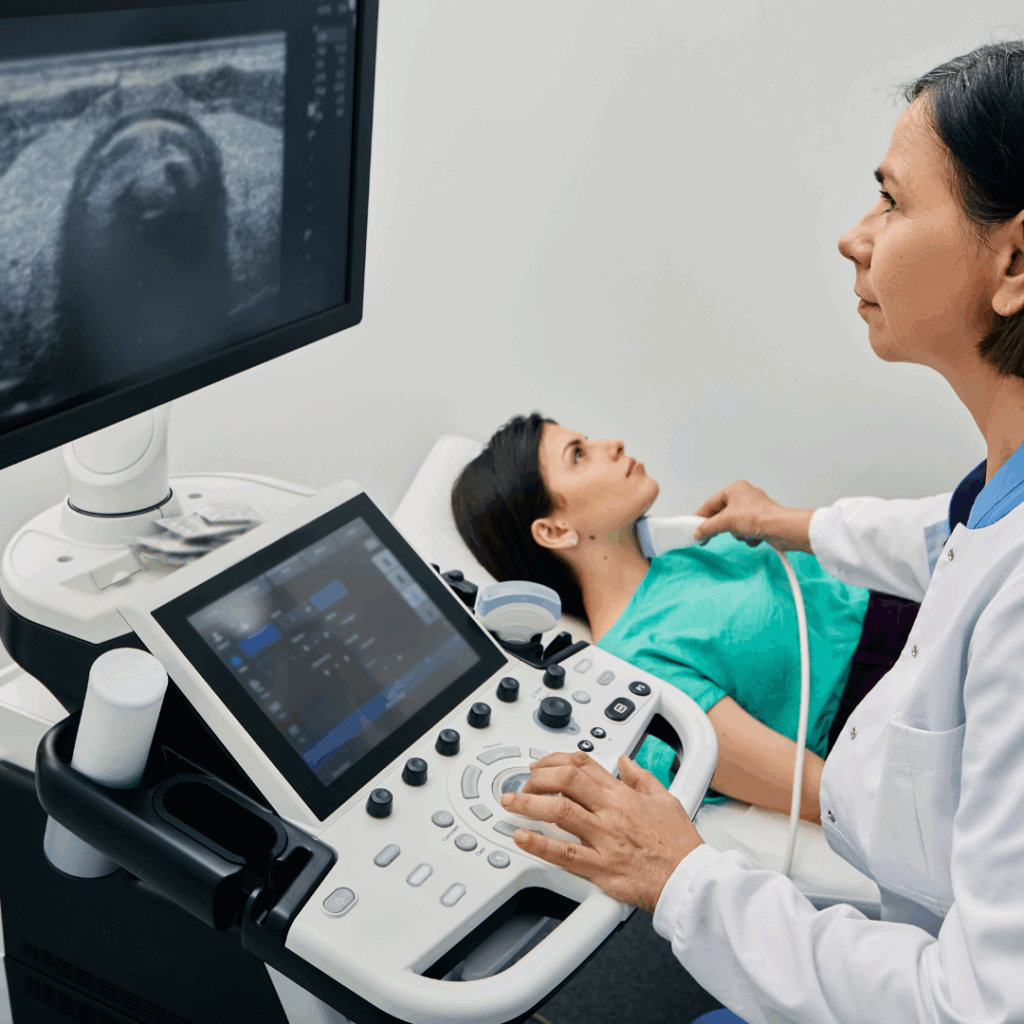Clinical negligence claims can be daunting to undertake. For victims, they not only represent a chance to seek justice for the harm caused but also an opportunity to ensure accountability within the healthcare system. While pursuing a claim involves a highly regulated legal process, understanding key directions and rules can significantly ease your path to resolution.
This guide explores the High Court’s updated Practice Direction HC131, which lays out the rules for applying for trial dates in clinical negligence actions. By breaking down these procedures, we aim to empower victims of medical negligence with the knowledge needed for effective action.
What is the Clinical Negligence List?
Introduced as part of a broader reform to streamline case management, the Clinical Negligence List ensures cases of medical negligence receive focused attention in the High Court. Presided over by experienced judges, it prioritises efficient resolution of such claims while ensuring fairness to all parties, including plaintiffs and defendants.
Why Were Practice Reforms Needed?
Significant delays in processing clinical negligence claims prompted the introduction of new High Court directions. These changes reflect the collective goal of expediting trials for claimants while maintaining rigorous case preparation standards.
The updated HC131 Practice Direction, effective from 28 April 2025, builds on prior guidance to strengthen case management, clarify trial procedures, and provide victims with greater access to justice.
Below, we explain the major elements of these reforms and highlight their practical applications.
HC131 Practice Direction – Key Guidelines and Requirements
1. Who Can Apply for a Trial Date?
Once your case has been formally “set down for trial,” as a plaintiff, you or your legal representative can apply for a trial date. However, this application is only permissible when:
- All case pleadings have been fully completed, including detailed particulars of negligence, causation, and quantified amounts for damages sought.
- Any requests for evidence disclosure, such as discovery requests, have been addressed.
- Written confirmation of compliance with obligations is provided by your solicitor.
2. Comprehensive Exchange of Information
To move a claim forward, the Practice Direction requires full transparency between both parties. This includes:
- Full Disclosure of Expert Reports: Plaintiffs and defendants must exchange or at least offer to exchange all relevant expert reports they intend to use in the trial.
- List of Witnesses: A list of factual and expert witnesses must be shared, ensuring both sides know who will testify when the trial commences.
Such exchanges are critical for ensuring all parties are equipped with the details they need to fairly present their cases.
3. Mediation Before Trial
The High Court emphasises the importance of attempting alternative dispute resolution (ADR), such as mediation, before trial. As part of your trial date application, you must provide an undertaking to offer mediation to the defendant. This step aims to encourage settlements outside the court, saving time, costs, and emotional strain for everyone involved.
However, mediation is not mandatory if you can prove to the Court that it would not assist in resolving the case.
4. Court Discretion and Flexibility
The Court maintains discretion to:
- Approve or refuse trial date applications.
- Expedite cases where urgency warrants early hearings (e.g., in cases involving terminal illness).
- Impose sanctions, including cost penalties, if procedural rules are not adhered to.
This flexibility ensures the judicial system remains responsive to unique circumstances while prioritising balance and fairness.
5. Risk of Non-Compliance
Failure to comply with the strict guidelines outlined in HC131 may result in your application being denied. The Court will treat such situations as case management hearings, enabling judges to issue targeted orders or impose financial consequences.
For this reason, meticulous case preparation is vital.
Key Benefits of HC131 for Victims of Clinical Negligence
1. Earlier Access to Justice
By demanding comprehensive case readiness before trial date applications, HC131 minimises unnecessary delays, helping victims see their claims progress promptly.
2. Balanced Dispute Resolution
Integration of mediation ensures that victims and healthcare providers have an avenue for amicable settlements where possible, sparing all parties from prolonged litigation.
3. Enhanced Case Clarity
Comprehensive exchange of information ensures greater transparency, fostering robust, evidence-based arguments that can lead to more decisive outcomes.
How Can You Prepare for a Trial Date Application?
If you are pursuing a clinical negligence claim, proper preparation is the foundation of your success. Here’s a step-by-step guide to ensure you meet the requirements under HC131:
Step 1 – Work Closely with Legal Experts
The HC131 Direction requires plaintiffs to strictly adhere to procedural requirements. Collaborate with experienced medical negligence solicitors, such as those from HOMS Assist, who understand these regulations in granular detail and can guide you throughout.
Step 2 – Ensure Complete Pleadings
Before considering trial dates, ensure every element of your case is fully pleaded. This includes particulars of negligence, supporting expert evidence, and a comprehensive list of damages sought.
Step 3 – Share Relevant Evidence
Facilitate the timely exchange of expert reports, witness lists, and other necessary documents with the legal representatives of the defendants.
Step 4 – Be Prepared for Mediation
Mediation is a valuable opportunity to resolve disputes cost-effectively. Take the chance to engage constructively and explore settlement options as part of your legal strategy.
Why Expert Legal Support is Key
The process of litigating medical negligence claims is complex and time-consuming. Navigating legal terminology, fulfilling disclosure obligations, and complying with procedural rules require expertise that many individuals lack. That’s why seeking help from compassionate yet skilled solicitors is essential.
At HOMS Assist, we specialise in helping victims of medical negligence every step of the way. With 55+ years of success, we deeply understand the legal and emotional challenges faced by plaintiffs. Our team is here to help you secure the justice and compensation you deserve.
Moving Forward with Confidence
The reforms under HC131 reflect the High Court’s commitment to efficiency and transparency in clinical negligence claims. For victims, it represents a powerful opportunity to seek justice while ensuring their claims progress without undue delays.
If you’ve suffered harm due to medical negligence and are uncertain about where to start, HOMS Assist can provide expert-driven advice tailored to your case. Contact us today to discuss your next steps.









